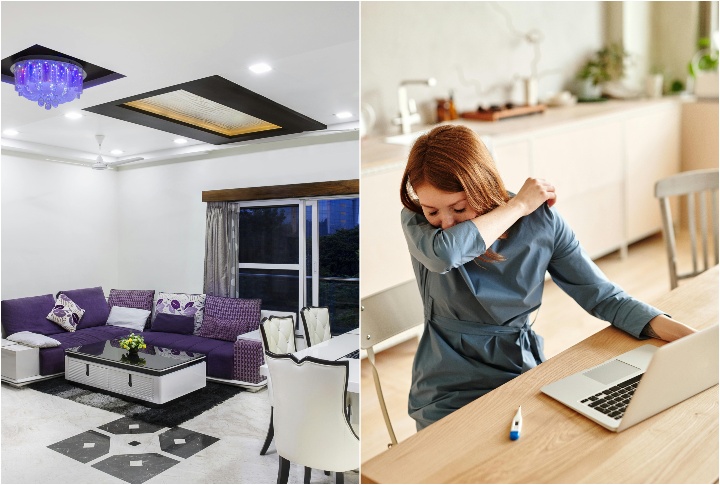
Is your home feeling colder than you’d like, even with the thermostat turned up? There might be a few culprits you haven’t considered. Here are 15 things that could be making your home colder than it should be and some simple fixes to help keep the warmth in.
Poor Insulation
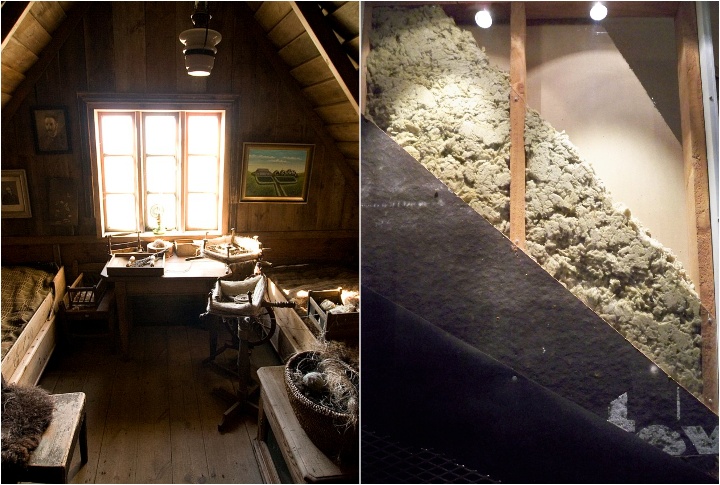
One of the most common culprits is poor insulation. Warm air escapes quickly if your walls, attic, or basement lack proper insulation. Even with the heat on full blast, your home can still feel cold. Improving insulation is key to keeping the warmth in and lowering energy bills.
Drafty Windows
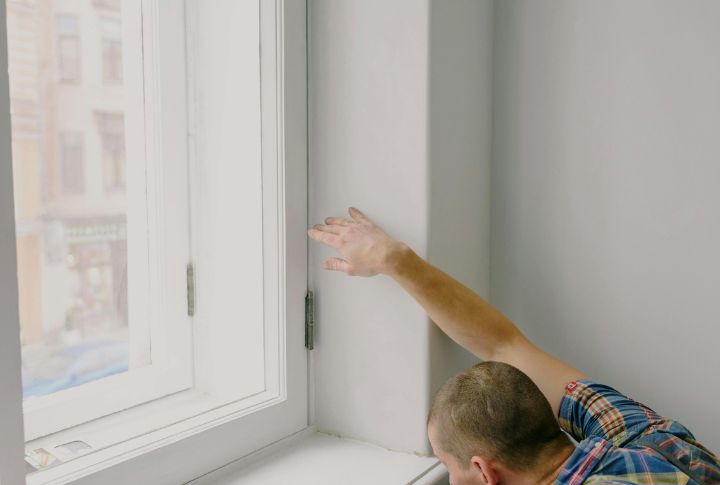
Windows are notorious for letting cold air in, especially if they’re old or single-pane. Despite the heat, drafts can sneak through gaps in the window frame. Try sealing these gaps with weather stripping or upgrading to double-pane windows.
Inefficient Heating System
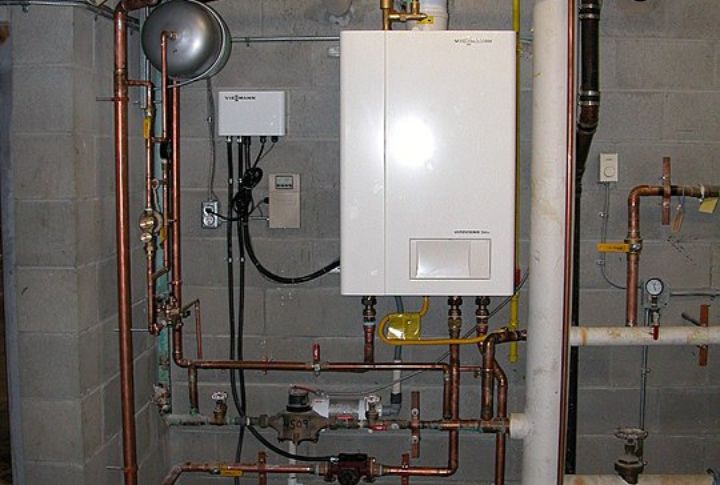
Sometimes, the problem isn’t your home—it’s your heating system. If your furnace or boiler is outdated or malfunctioning, it won’t heat your house effectively. Routine maintenance and upgrading to a more efficient system can ensure your home stays warm and comfortable.
Blocked Vents
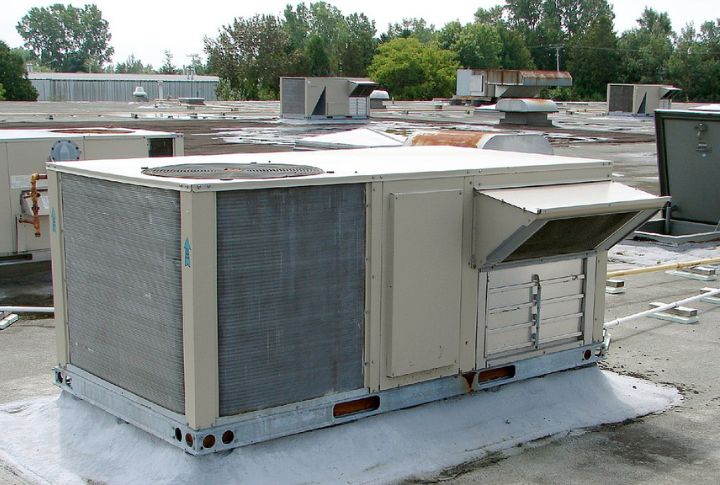
Blocked or closed vents could be another reason why your house feels cold. Furniture, rugs, or dust-blocking airflow reduces the effectiveness of your heating system. Make sure your vents are clear and open to allow warm air to circulate properly.
Thin Curtains
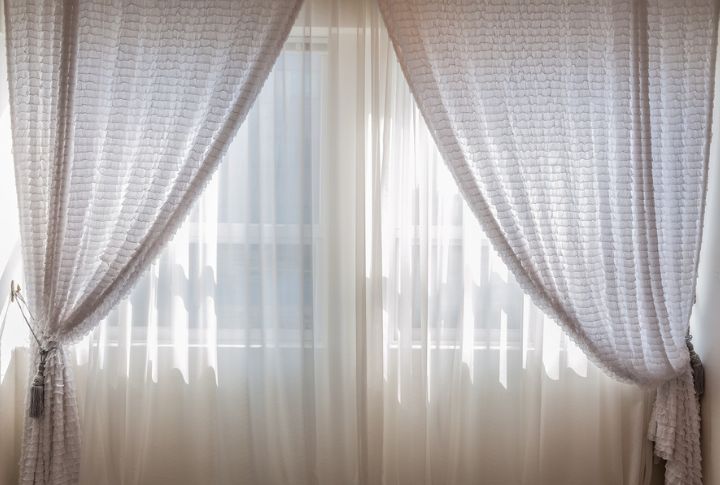
It’s not just about style with curtains; they also help keep your home warm. Thin, flimsy curtains can let cold air from windows seep into your rooms. Thicker, insulated curtains trap warmth inside and prevent cold air from getting in.
Gaps in Doors

Often, doorways have small gaps that allow drafts to enter. If your house feels particularly cold near doors, you might need to add a draft stopper or door sweep. By sealing these gaps, it can make a noticeable difference in overall warmth.
Leaky Ductwork
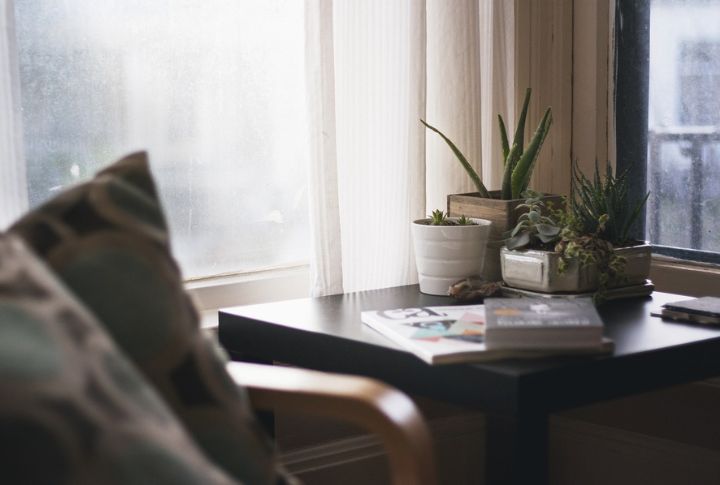
A leaky ductwork could send warm air to places like your attic or crawlspace instead of the rooms in your house. These leaks waste energy and leave your house colder than it should be. When you seal ducts, it can improve airflow and warmth throughout your home.
High Ceilings
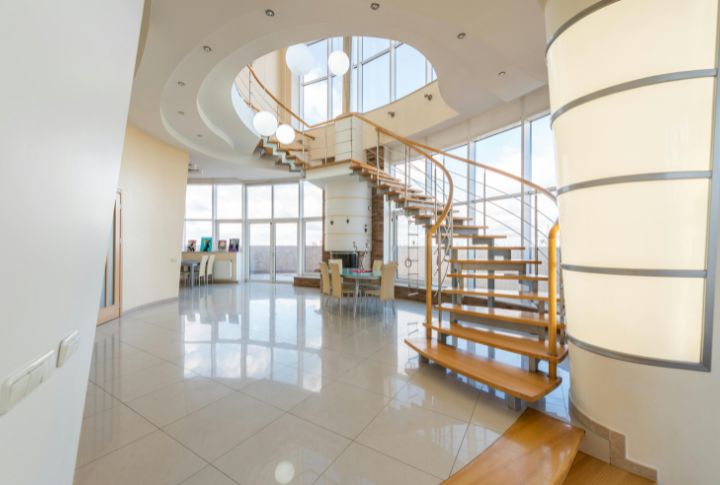
High ceilings look great, but they’re notorious for making rooms feel colder. Since heat rises, it stays at the top of the room instead of where you need it most. One solution is setting the fans to rotate clockwise to help push warm air back down.
Cold Floors

If your floors are freezing, it’s likely due to poor insulation in your crawl space or basement. Cold floors can make the house feel chilly, even with the heat. Adding insulation beneath the flooring can keep things much warmer.
Uninsulated Attic
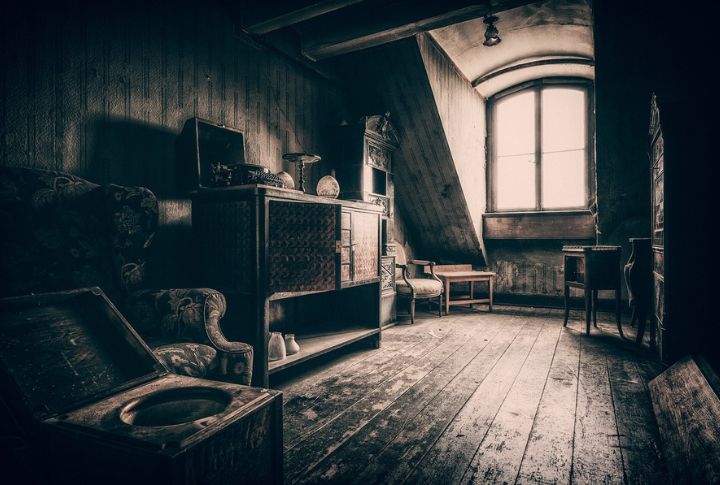
An uninsulated attic is a major cause of heat loss. Heat rises and escapes through the attic, leaving your house cold. Properly insulating your attic can trap warmth inside and improve the overall comfort of your home.
Thermostat Placement
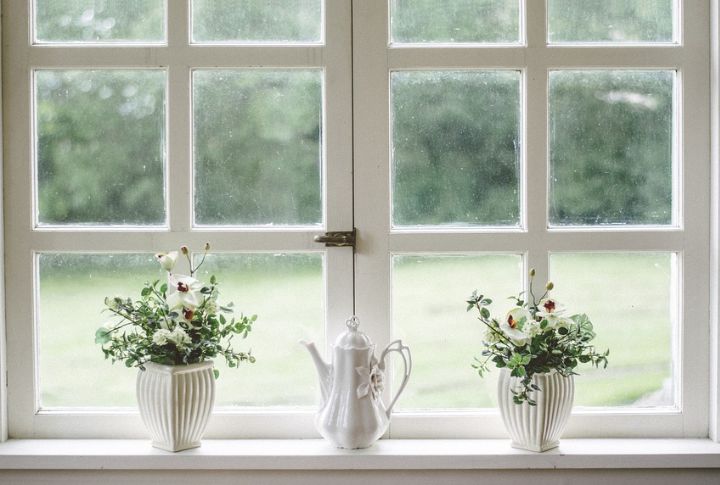
If your thermostat is in a warmer spot, like near a heat source or sunlight, it may cause your heating to run less, leaving the rest of the house cold. Relocating it to a neutral area ensures more accurate readings and consistent warmth.
Unsealed Recessed Lights
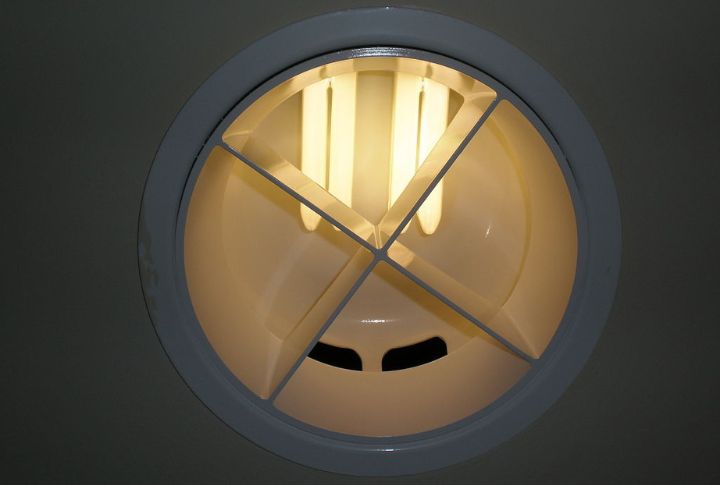
Recessed lights can create small gaps in your ceiling that let warm air escape into the attic. These tiny openings can make your rooms feel colder. Sealing around the lights can help prevent heat loss and keep your home warmer.
Chimney Draft
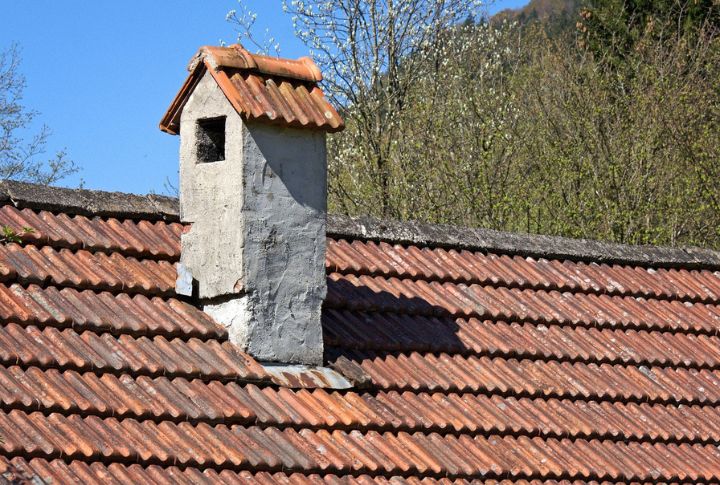
An unused or poorly sealed chimney can let cold air into your home. When not in use, chimneys need to be sealed with a chimney balloon or damper to prevent drafts. Otherwise, they act as a giant hole in your home, letting all your heat escape.
Thin Walls
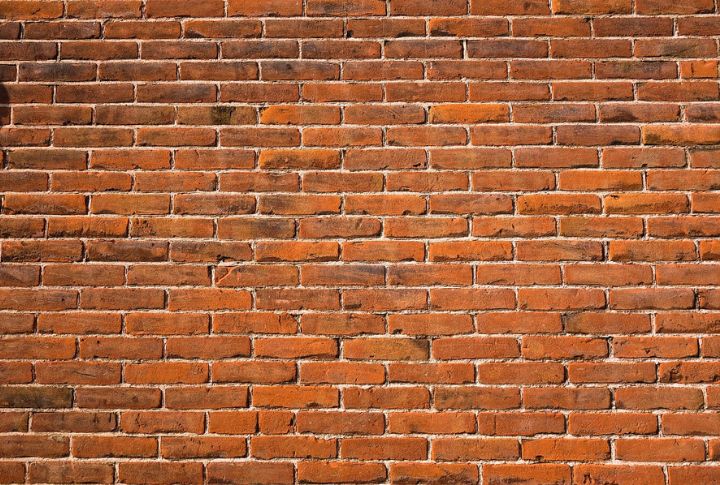
Homes with older, thin walls can struggle to retain heat. Without proper insulation, the walls let warm air escape and cold air enter. Adding insulation or even using heavy wall hangings can help retain some heat and make your house feel warmer.
Cold Basement
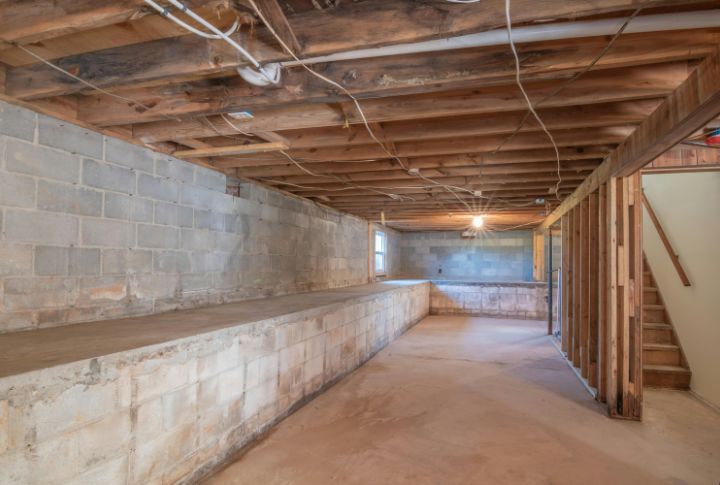
If your basement is unheated, the cold air can seep upwards into your living spaces. By insulating the basement walls and sealing any gaps, the cold will not spread throughout the whole house.

